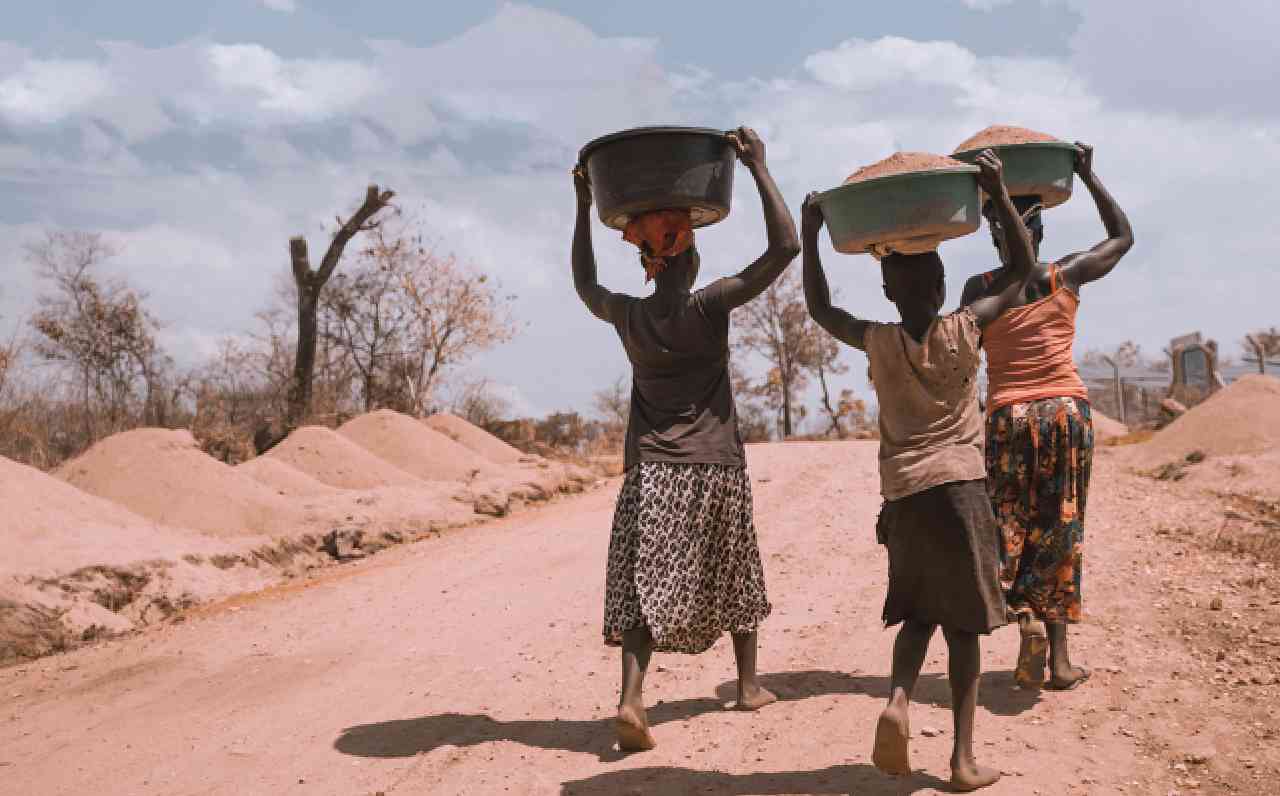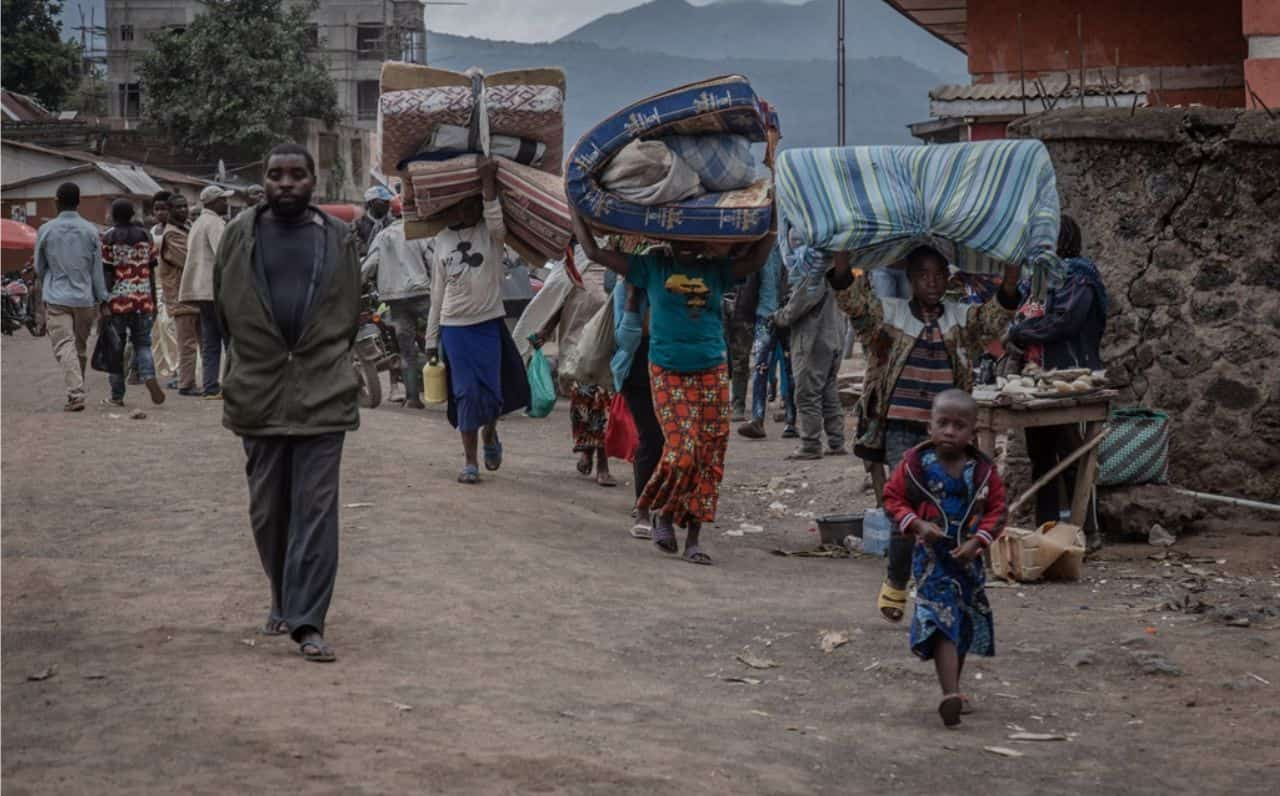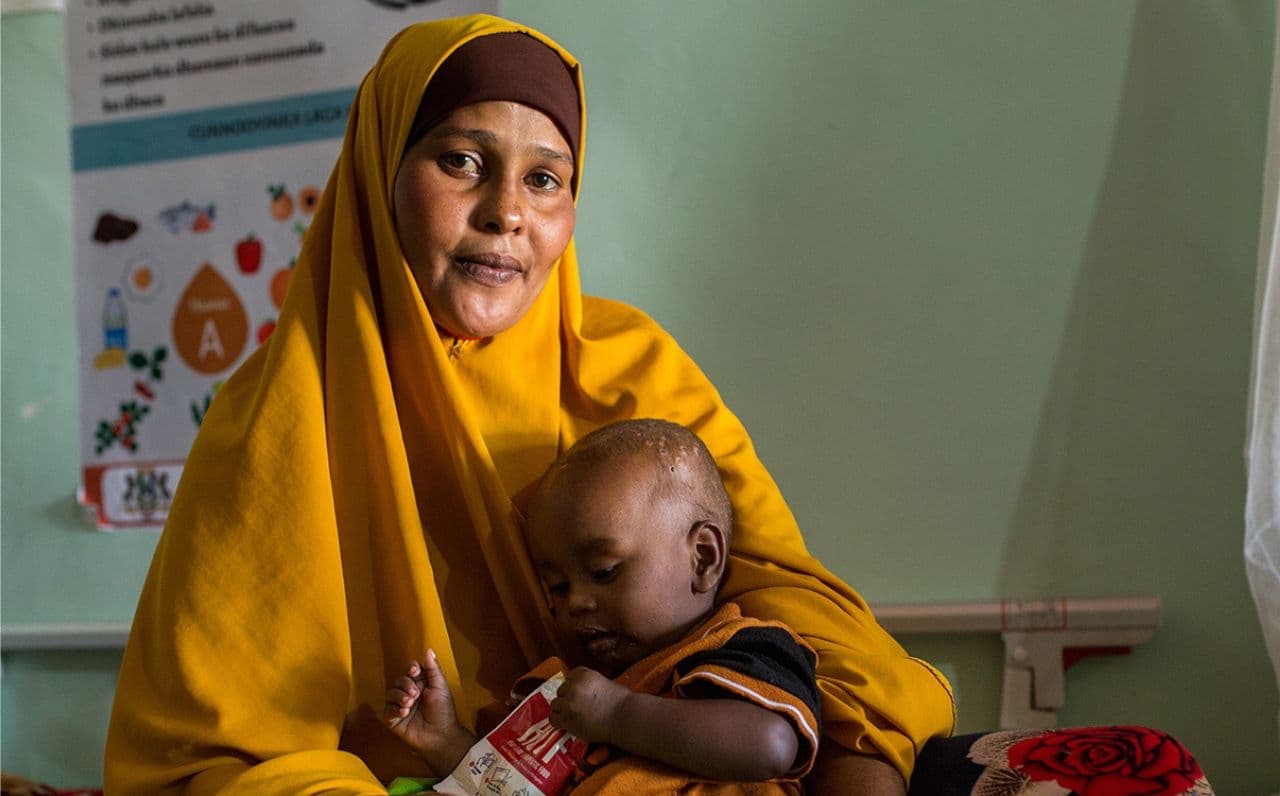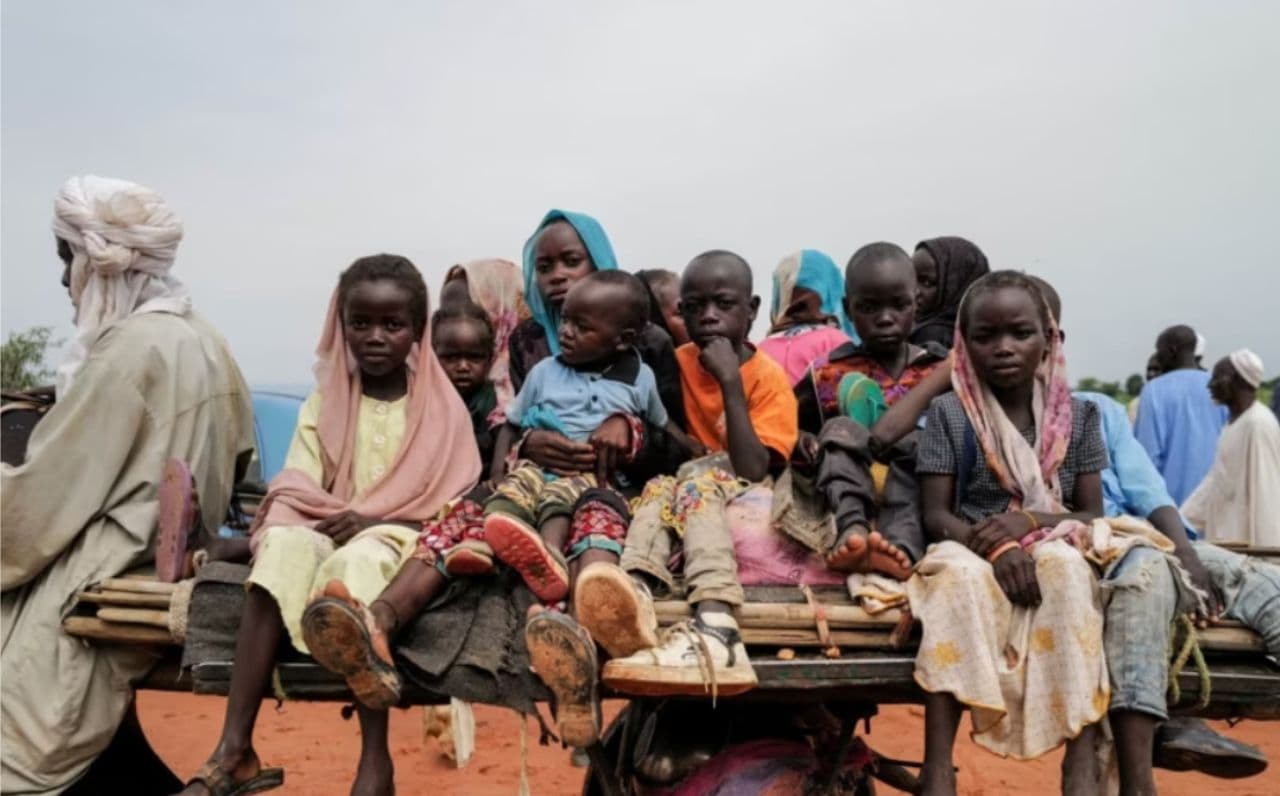Food security in Central Africa

Central African Republic: Food security and nutrition snapshot.
IPC ALERT: 2.1 million people in Central African Republic highly food insecure, 214,000 children and 98,000 women likely suffering from acute malnutrition
During an IPC Acute Food Insecurity (AFI) analysis of Central African Republic conducted in September 2021, 67 of the country’s 71 sub-prefectures were analysed as well as the city of Bangui. For the period of September 2021 to March 2022, nine sub-prefectures were classified in Emergency (IPC Phase 4) and 59 in Crisis (IPC Phase 3). Of the 4.9 million people living in the subprefectures analysed, 2.1 million (43%) will experience high levels of acute food insecurity (IPC Phase 3 or above) through March 2022, including around 620,000 people in Emergency (IPC Phase 4).
For the projection period (April to August 2022), 20 sub-prefectures have been classified in Emergency (IPC Phase 4) and 40 in IPC Phase 3 (Crisis). Of the 4.9 million people living in the sub-prefectures analysed, nearly 2.36 million people (48%) will likely experience high levels of acute food insecurity (IPC Phase 3 or above) through August 2022, including around 689,000 people in Emergency (IPC Phase 4). The populations that are facing high levels of acute food insecurity in this period are mainly in the sub-prefectures of Ngaoundaye,
Bozoum and Koui (with 75% of the population analysed in these conditions),
Bocaranga (70%), Obo (65%), Mala, Ndjoukou and Bakouma (60%), Alindao,
Satéma, Zémio, Dekoa, Sibut, Bakala and Ippy (55%), Ndélé, Mingala and Zangba (50%), and Kouango (40%).
An IPC Acute Malnutrition (AMN) analysis of 68 sub-prefectures and Bangui, conducted at the same time as the AFI one, revealed that between September 2021 and August 2022, nearly 214,000 children under the age of five and more than 98,000 pregnant or lactating women will likely suffer from acute malnutrition. Among these, nearly 67,000 children are likely severely malnourished and require urgent care. Through February 2022, 31 subprefectures and Bangui are classified as being in a Serious nutritional situation (IPC Phase 3), with the remaining sub-prefectures being in an Alert nutritional situation (IPC Phase 2. Between March and August 2022, six sub-prefectures will likely move from being in a Serious to a Critical nutritional situation (IPC Phase 4), while 21 sub-prefectures will likely move from an Alert to a Serious situation. 25 sub-prefectures and Bangui will remain in a Serious situation.
Source & credit: IPC
Photo by Ninno JackJr on Unsplash
Africa

2021 Nov 04
Middle east

2024 Dec 10
Africa

2024 May 10
Threats against Christians in Australia increase
International, Americas

2024 Apr 16
Increasing Arrests and Faceless Victims Revealed in Latest Findings.
Middle east

2024 Feb 23
SimilarNews
 Congo-Rwanda Border Tensions Surge: Conflict Fears Mount
Congo-Rwanda Border Tensions Surge: Conflict Fears Mount Escalating Hostilities Prompt International Concern
Africa

2024 Feb 20



